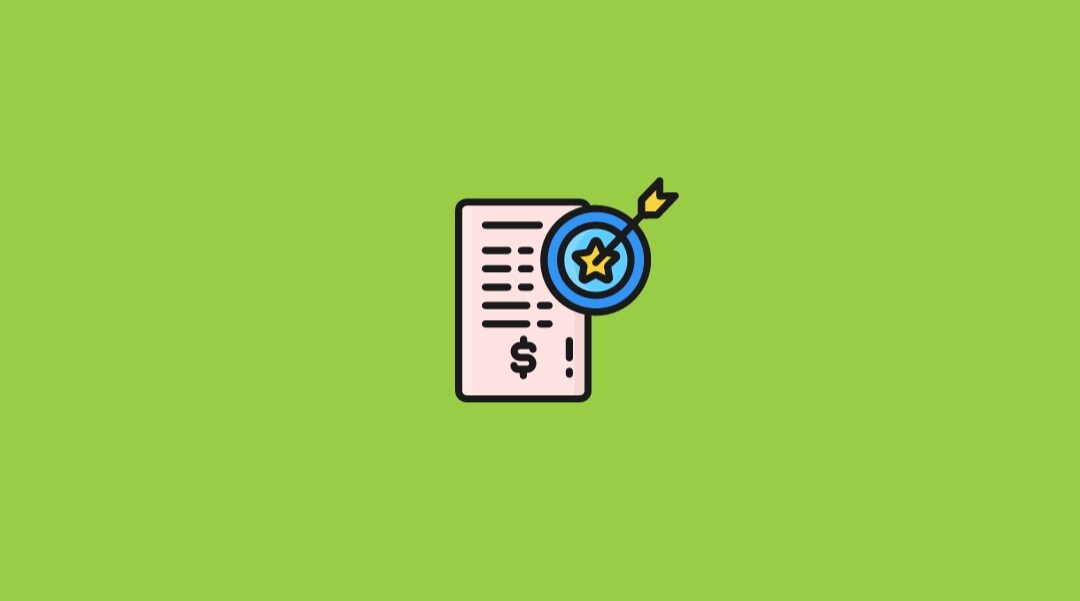
Understanding Payments on Account
Understanding Payments on Account
Payments on account can seem confusing, but they’re essentially a way to prepay a portion of your upcoming Self Assessment tax bill. In this article, we’ll break down what payments on account are, who needs to make them, and how to manage them hassle-free.
Starting with Self Assessment
When you’re self-employed, the tax and National Insurance you owe aren’t automatically taken from your income as with PAYE jobs. Instead, you need to inform HMRC about your earnings by completing a Self Assessment tax return. This helps HMRC calculate your tax liability accurately.
Submitting Your Tax Return
You can submit your tax return after the end of the tax year (from 6th April one year to 5th April the next). The submission deadline depends on the method:
- 31st October for paper forms
- 31st January for online submissions (giving you extra time)
Paying Your Tax Bill
The final deadline to pay your Self Assessment tax bill is 31st January following the tax year’s end. For instance, if you’re reporting for the 2022/23 tax year (from 6th April 2022 to 5th April 2023), your return and payment are due by 31st January 2024.
The Surprise of Payments on Account
However, if your tax bill exceeds £1,000, you might face an unexpected situation—payments on account.
Unravelling Payments on Account
Payments on account are advanced payments made twice a year toward the following year’s tax. For instance, while paying your 2022/23 bill, you’d also pay half of your anticipated 2023/24 tax by 31st January 2024. The remaining half is due by 31st July 2024.
Predicting Your Next Tax Bill
HMRC assumes your upcoming bill will match this year’s. So, if your current bill is £3,000, your first payment on account would be £1,500. This initial payment can be challenging as it requires paying tax on yet-to-be-earned income.
Do Payments on Account Apply to You?
Payments on account are necessary if:
- Your tax bill exceeds £1,000
- Less than 80% of your income tax is via PAYE
For example, let’s consider Alex. Their 2022/23 tax bill is £5,500. Apart from this, they must also make payments on account for 2023/24.
The first payment on account is 50% of the 2022/23 bill (£5,500 * 0.5 = £2,750). By the deadline, Alex pays:
- £5,500 for 2022/23
- £2,750 as a 2023/24 payment on account
Alex’s second 2023/24 payment is due by midnight on 31st July 2024.
Balancing Payments: Navigating the Difference
The term ‘balancing payment’ might confuse you. These are needed if your estimated earnings differ from actual earnings.
Payments on account are based on predicted earnings, assuming next year mirrors this year. However, if your actual earnings generate more tax, you’ll make a balancing payment.
Let’s return to Alex. Their 2023/24 tax bill is £6,000 (not £5,500). Before 31st January 2025, they’ll pay:
- Balancing payment: £500 for 2023/24
- First payment on account for 2024/25: £3,000 (half of £6,000)
Managing Payments
Making payments on account is akin to regular Self Assessment tax payment methods. Options include online banking, phone payments, or Direct Debit. Your Personal Tax Account tracks payments.
Can You Reduce Payments on Account?
Self-employment’s volatility can lead to varying profits. If you foresee lower tax next year, ask HMRC to reduce payments on account. But beware of underestimating and facing penalties. Overpaying now might be wiser.
Reducing payments is possible during Self Assessment completion. Choose “Reduce Payments on Account” online or use form SA303.
Exceptions to Two Payments
You don’t need two payments on account if:
- Your bill is under £1,000
- 80% or more of your total tax is paid
Struggling with Payments?
Saving for tax is crucial. Payments on account can catch you off guard initially. If genuinely struggling, a Time to Pay arrangement with HMRC might help.
In a nutshell, payments on account can be managed effectively once you grasp the basics. Stay prepared, avoid surprises, and navigate your tax responsibilities smoothly.
If you’re unsure, please don’t hesitate to contact our helpful team on 02392388003 or [book a discovery call].